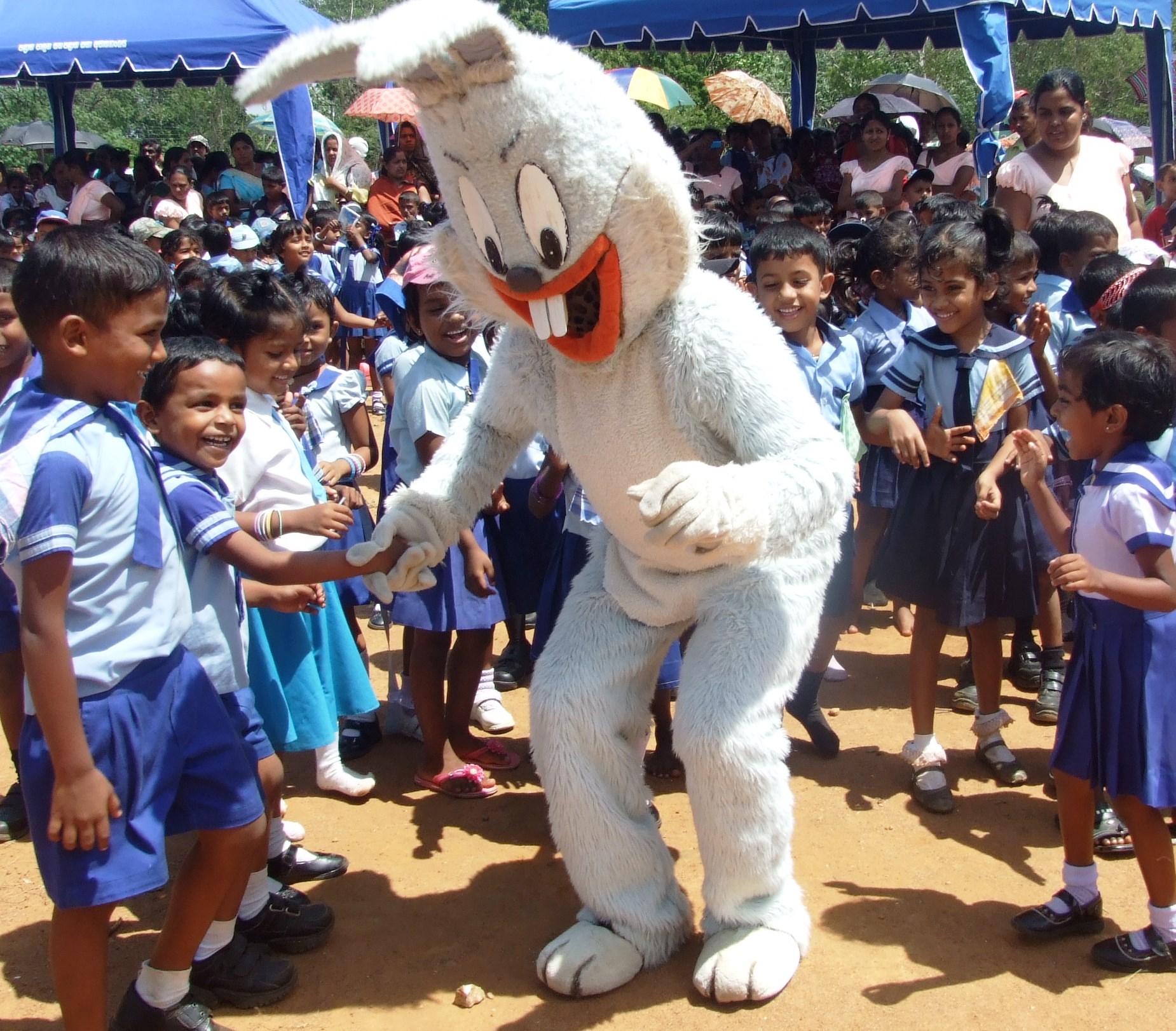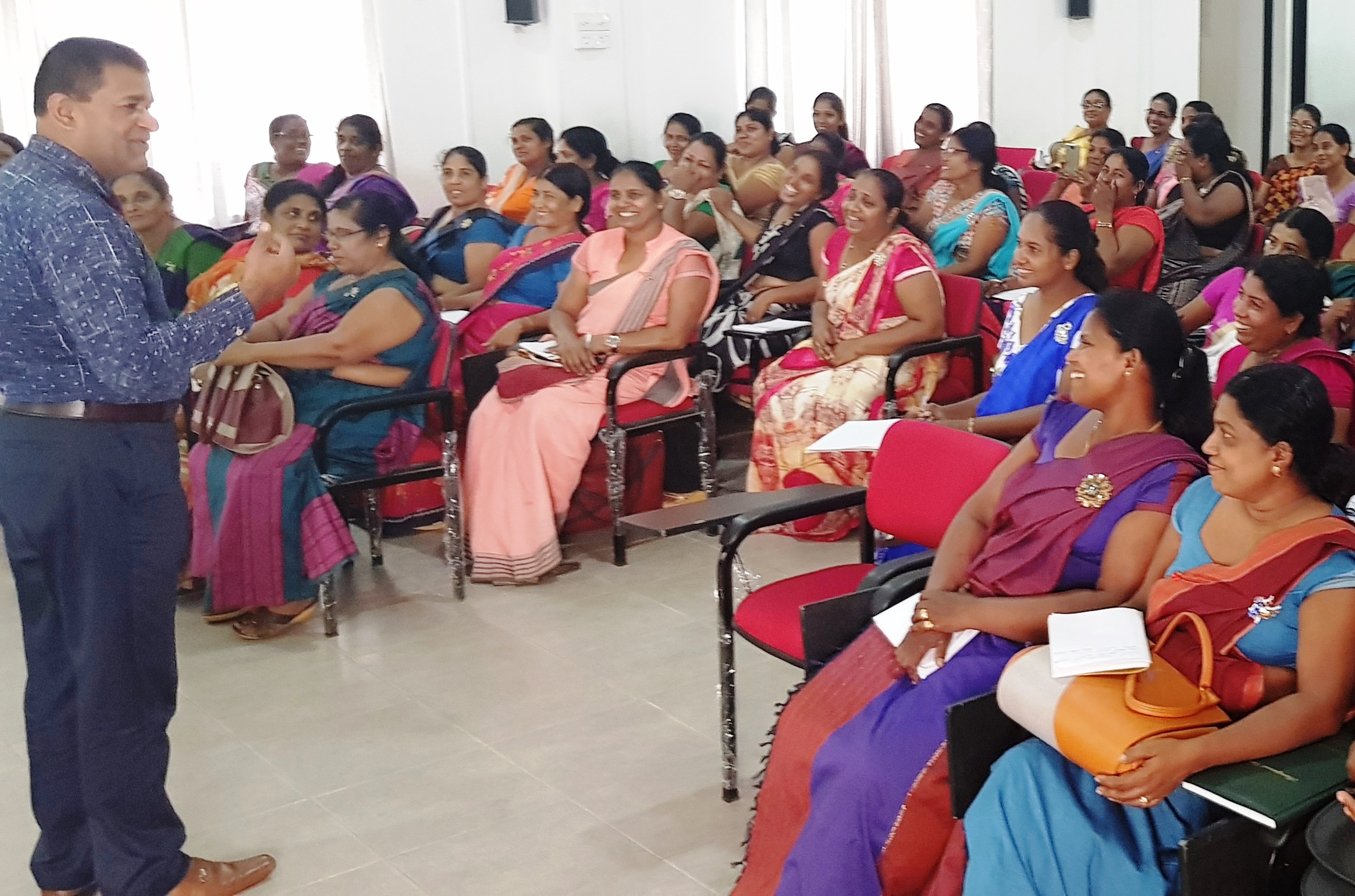Sri Lanka

ECCD has not received much attention in the public with limited participation among parents and communities. The government has tried to reinforce the importance of the early years through the National Policy on ECCD in 2004.
The term ECCD is preferred in Sri Lanka and usually means pre-primary education for children between the ages of 3 and 5. Provisions are generally provided by NGOs and private institutions with a limited number of government-funded preschools. Coordination between ECCD programs and services remains poor and inconsistent with varying models and standards.
Sri Lanka has made progress on reducing its child mortality rates. However, child malnutrition continues to be a main challenge for the country with one out of five children born with low birth weight and nearly a third of children below 5 are underweight.
Challenges
- Limited awareness of ECCD’s benefits among parents and communities.
- Limited access to ECCD programs for the poorest.
- Lack of quality physical structures with insufficient equipment.
- Limited ECCD materials.
- Early childhood teachers lack training and do not meet the minimum requirements.
Priorities
- Implement the National Policy on ECCD.
- Implement guidelines and standards on ECCD.
- Develop physical infrastructure of ECCD centers.
- Develop programs to raise awareness on early childhood, including the ECCD week program and children’s art exhibition.
- Capacity building of personnel to increase quality.
Stay tuned as we'll be publishing the updated Country Profile soon.
Ministries in charge
Ministry of Women and Child Affairs
Key Policies
- ECCD national policy was approved and adopted in 2004.
- National Policy on ECCD Action Plan for Ministry of Women and Child Affairs 2016
National ECD Network
National Representative

Arnec National Representatives For Sri Lanka
Mr. H. M. Wasantha Herath
Teachersforchange.org@gmail.com
Ms. Kruthagna Nadini Perera
Nadinip90@gmail.com
Noteworthy Practices
1. Inclusive ECCD for children with disabilities (Implemented by Directorate of Social Services in the North Western Province)
- Noteworthy aspects: Children with disabilities remain at the center until they are ready for regular schools. Centers are situated at convenient locations with adequate accommodations for indoors and outdoors (in a fenced area) activities. Preschool teachers are professionally trained on education for children with disabilities.
- Achievements: Parents are satisfied with progress made of their children following participation at these centers. School readiness level of children with disabilities are raised.
2. Senehe Thataka home-based ECCD program (Implemented by the Ministry of Women and Child Affairs’ Children’s Secretariat)
- Noteworthy aspects: Awareness programs for parents, public officials, and youth groups on importance of child-friendly environment at home.
- Achievements: Children are involved in household chores and engaged at home to develop their holistic development.
3. Poshana Manpetha food and nutrition program (Implemented by the Ministry of Women and Child Affairs’ Children’s Secretariat)
- Noteworthy aspects: Program creates awareness among parents and teachers on the importance of food and nutrition to a growing child. Clear instructions to prepare healthy meal in the right portion are provided.
4. Model ECCD Village Program (Implemented by the Ministry of Women and Child Affairs’ Children’s Secretariat)
- Noteworthy aspects: Preschools are developed in a selected village by making sure that there are sufficient child-friendly amenities (e.g. parks and libraries) for demonstration as a model to sensitize villages on the useful ECCD services.
Latest Resources
Lorem ipsum dolor sit amet, consectetur adipiscing elit. Aliquam at porttitor sem. Aliquam erat volutpat. Donec placerat nisl magna, et faucibus arcu condimentum sed.